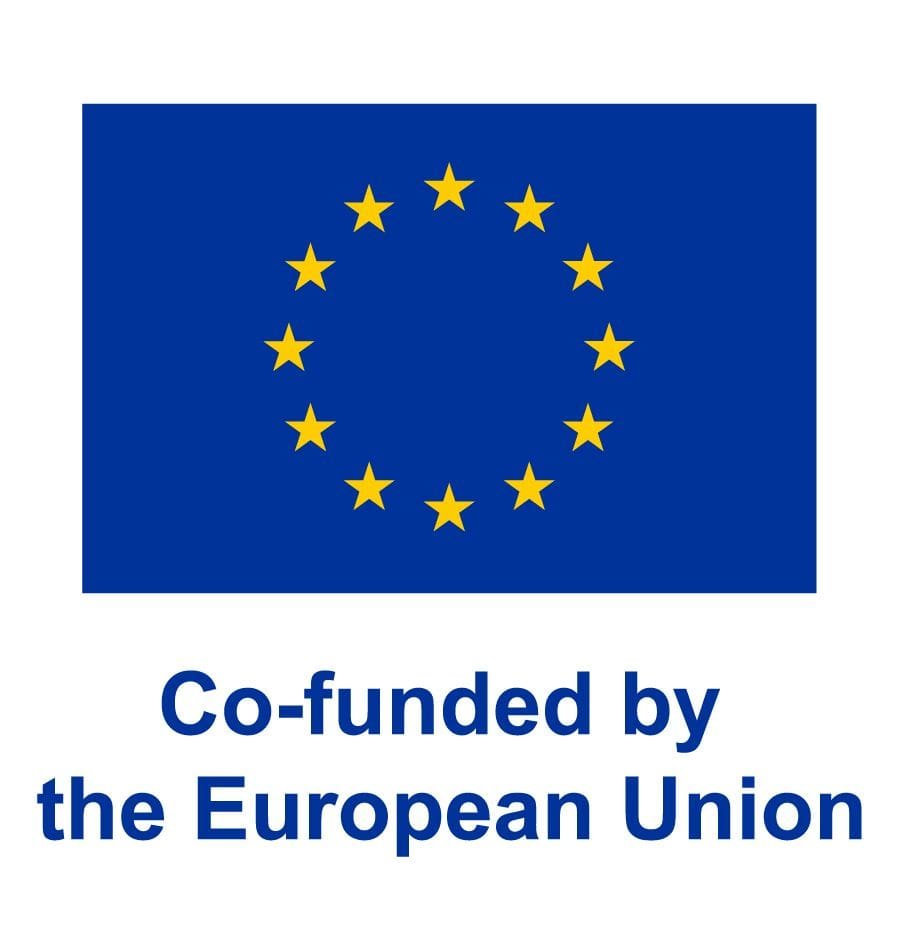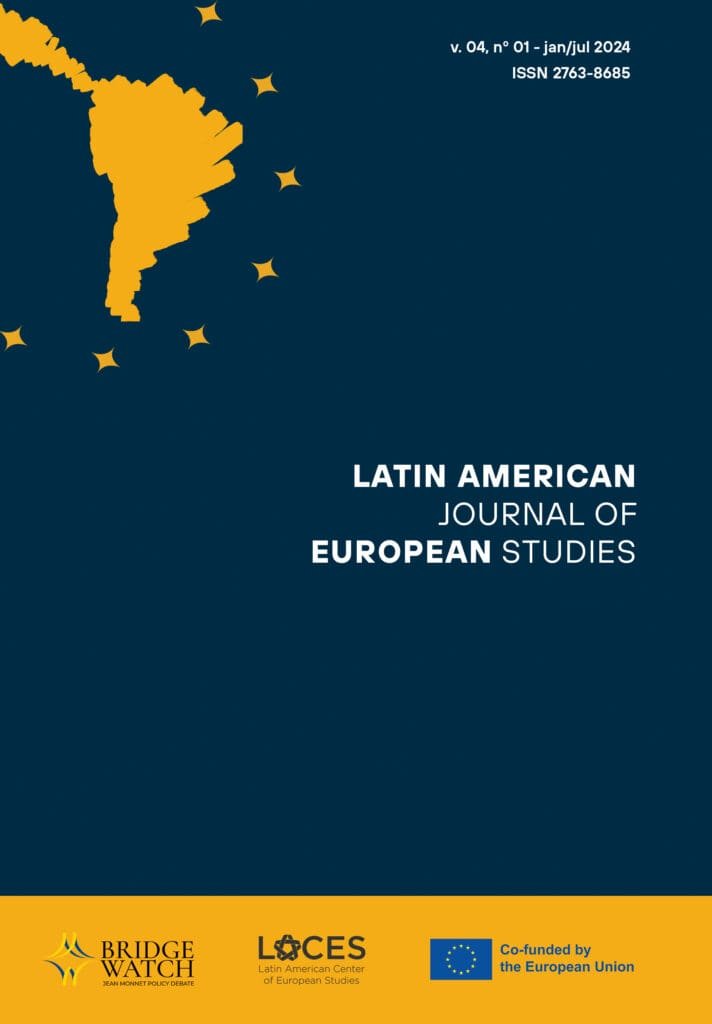Forced displacement; Land restitution; Law 1448 of 2011.
Resumo
Territorial struggles in Colombia have been at the very core of the armed conflict, which has made this the country with the greatest displacement in the world. As a result of its multiple effects, as a product of the Peace Agreements, the national government of that time created the Victims and Land Restitution Law (1448 of 2011). However, its temporal delimitation excludes a large number of victims who lost their properties before the 1st. January 1991, during the 1980s when the conflict in the country deepened. In this sense, this article seeks to investigate the scope and challenges of the implementation of this Law in the Banana Zone, a municipality widely affected by dynamics of exploitation of natural resources, drug trafficking and paramilitarism, which, moreover, has a population majority Afro-Colombian, an aspect that requires the application of a differential approach.


